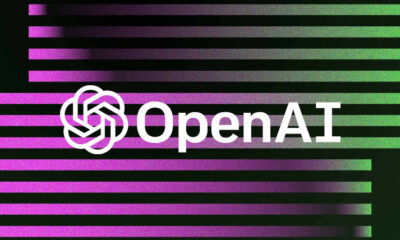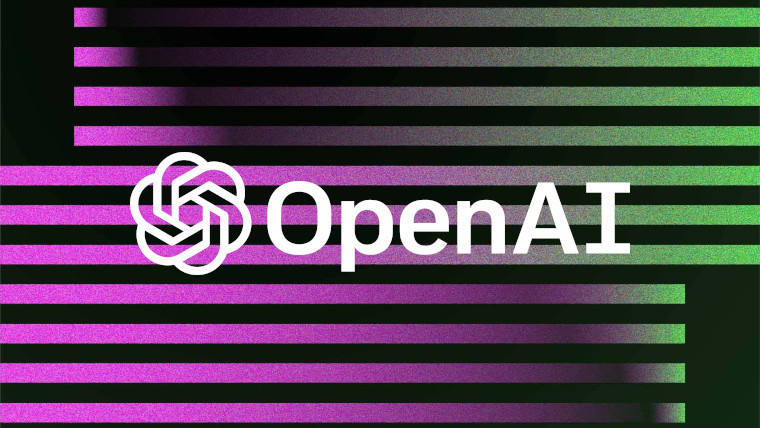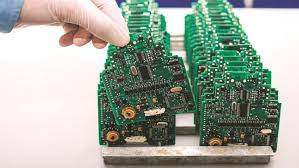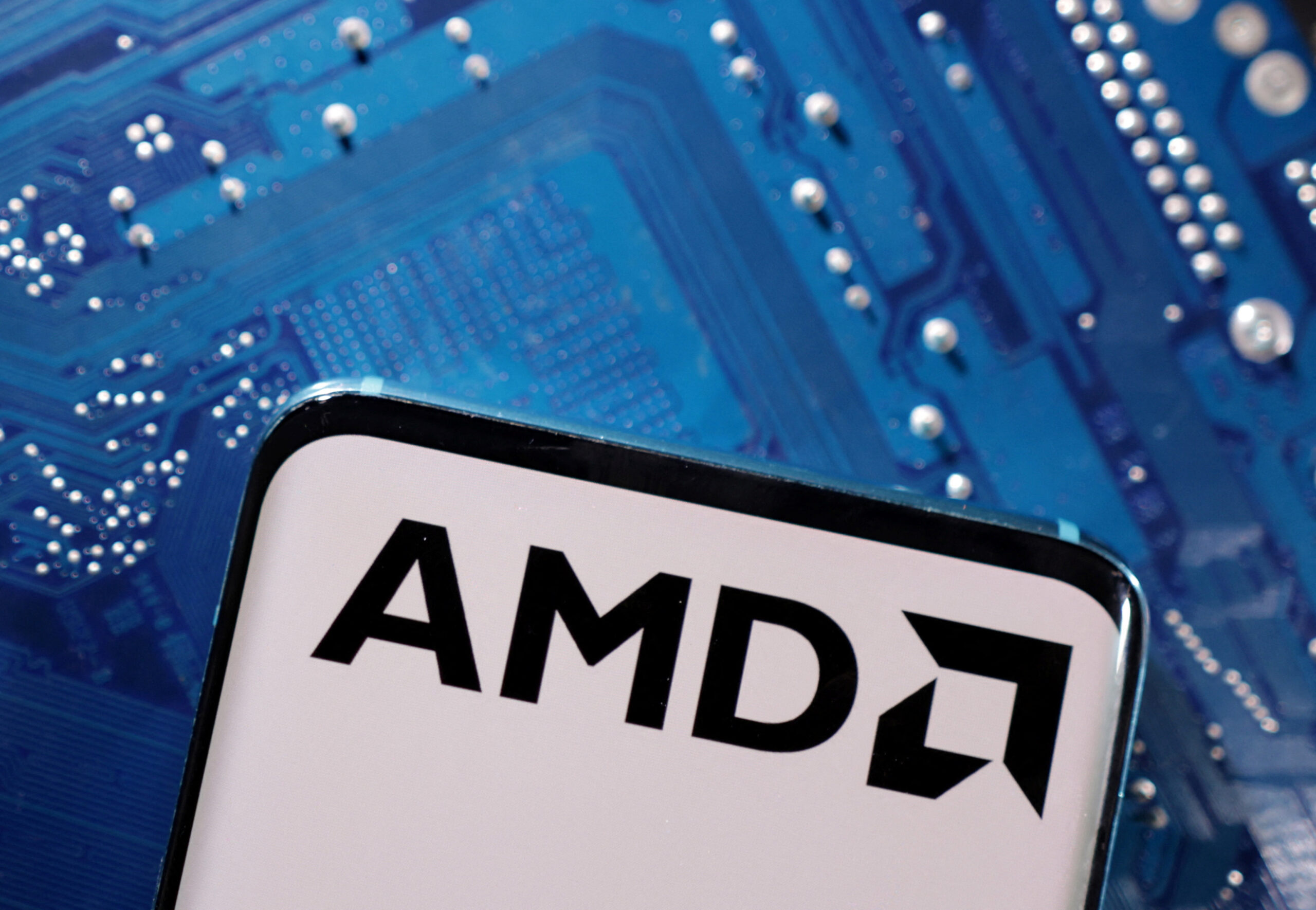Tech
AI under the microscope, CCI probes impact on competition and innovation

The Daily Guardian is now on Telegram. Click here to join our channel (@thedailyguardian) and stay updated with the latest headlines.
For the latest news Download The Daily Guardian App.
Tech
Microsoft invests in OpenAI over concerns of Google’s lead
Tech
India-Made Micron Chips to Debut Globally in 2025
Banking & Finance
AI tech could drive 6% revenue growth for banks: Accenture
Tech
India leads Global AI Race: NetApp-Savanta Report
Tech
American chipmaker AMD to acquire AI software startup Nod.ai
Tech
Threads surpasses 150M monthly active users, reveals mark Zuckerberg
-

 Opinion2 years ago
Opinion2 years agoPakistan-China nexus trying to sow doubts in Indian society about governance systems
-

 Fashion7 years ago
Fashion7 years agoThese ’90s fashion trends are making a comeback in 2017
-

 Entertainment7 years ago
Entertainment7 years agoThe old and New Edition cast comes together to perform
-

 Entertainment7 years ago
Entertainment7 years agoThe final 6 ‘Game of Thrones’ episodes might feel like a full season
-

 Opinion2 years ago
Opinion2 years agoEnvironment day with a missing spring and lost souls
-

 Business News2 years ago
Business News2 years agoIndia Becomes World’s 5th Biggest Economy
-

 Policy&Politics2 years ago
Policy&Politics2 years agoA successful SME must understand his 5 wives
-

 Business News2 years ago
Business News2 years ago‘75K STARTUPS DEFINE THE POWER OF INNOVATION’



















